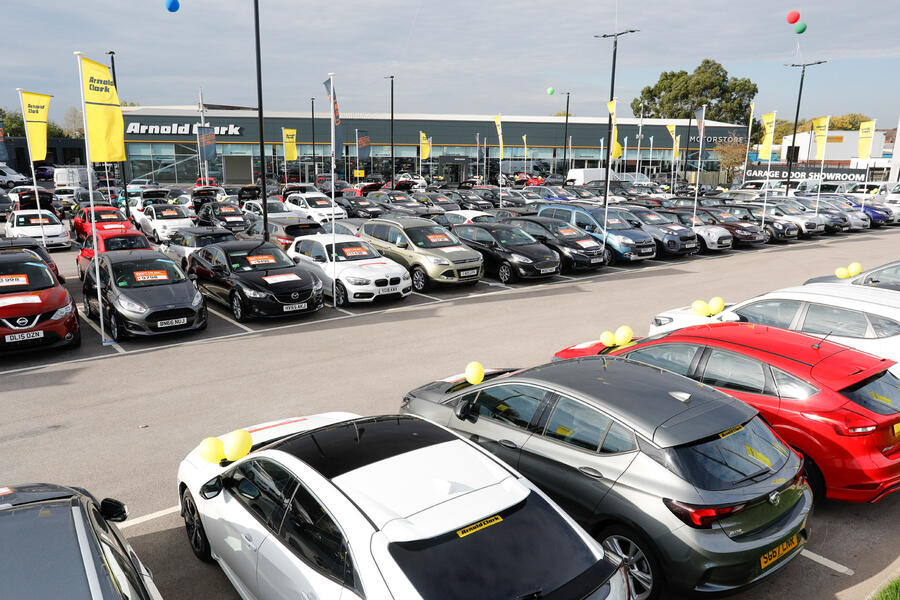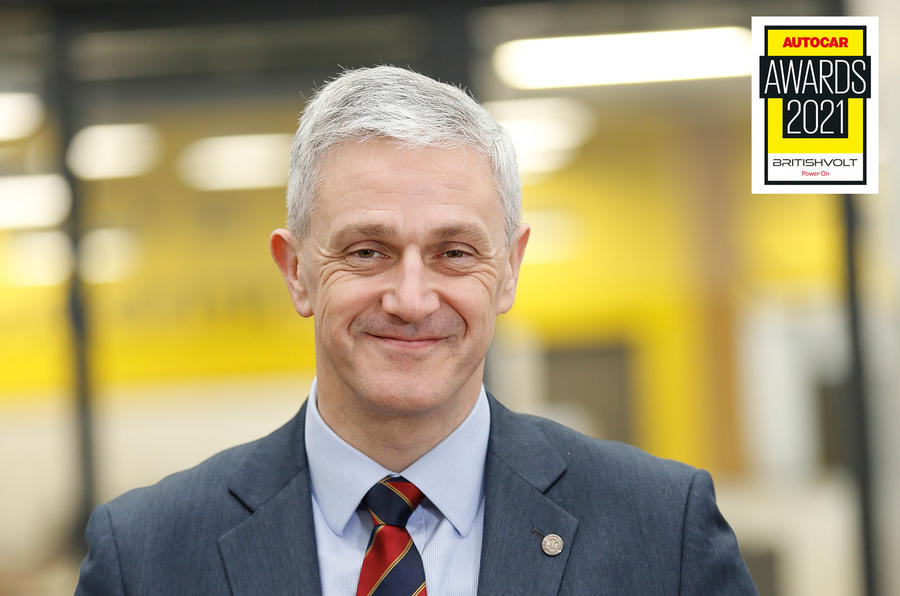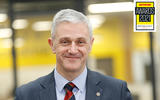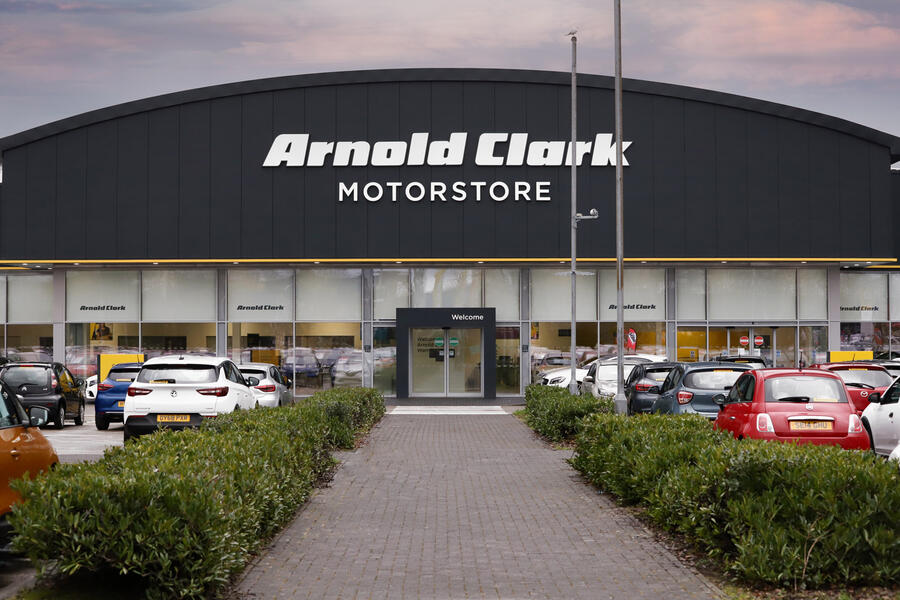Out of adversity comes opportunity – although in the case of new and used car retailer Arnold Clark, its 200 dealerships and 12,000 employees, that opportunity has been brutally hard won.
April 2020 represented the nadir of a terrible past 14 months. For the automotive retail sector in particular, it will be remembered for new car registrations that were down 97.3% year on year, while used car sales from April to June – dates that straddled lockdown and last summer’s subsequent easing of restrictions – were down 48.9%.
They are days etched on CEO Eddie Hawthorne’s mind. “In that moment when we closed the doors, personally, as head of the business, I felt a huge wave of failure, because we had never shut down before,” he says. “There was so much at stake.”
Arnold Clark was founded in 1954 by its eponymous owner, who went on to be dubbed the UK’s first billionaire car dealer and whose values and influence still loom large over the business even after his death in 2017. It is one of the UK’s ‘Big Five’ dealer groups, consistently turning over more than £4 billion per year. Hawthorne, an auditor and chartered accountant by training, joined the firm in 1990 and took on leadership duties in 1998. Last year’s lockdown hit the business fast, hard and for longer than anticipated.
“Genuinely, we thought we would be back by Easter last year,” continues Hawthorne. “We were told to plan for a month out at worst. Even that felt like a disaster, but the emotions swept through quickly. The first step was to accept that it wasn’t our fault – it was out of our control. That helped switch the mindset to one of: ‘How do we preserve our business? How do we protect staff? How do we ensure we’ve got a viable business to return to?’












Add your comment